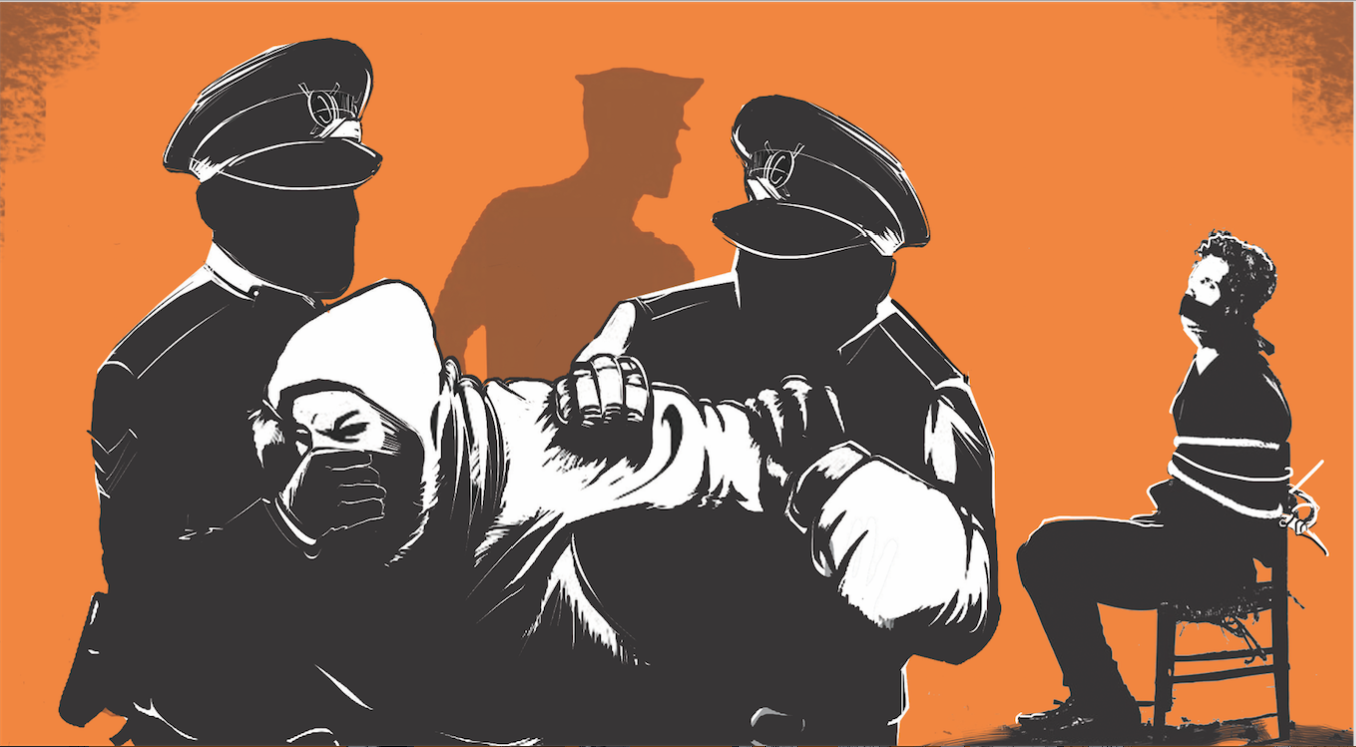

“Injustice anywhere is a threat to justice everywhere.” These words by Martin Luther King Jr echo painfully as Kenyans mourn the heinous murder of schoolteacher Albert Omondi Ojwang’.
What began as a simple social media alert about his arrest in Homa Bay, on June 7, 2025, quickly spiralled into a chilling shock of his death 350 kilometres away, in Nairobi, in police custody, leaving the parents who trusted he would be safe in the hands of law enforcers shattered and searching for answers.
As Kenyans continue to grapple with the shocking and tragic murder of Ojwang’, the demand for justice and accountability once again heaves, rekindling wounds from past unresolved police atrocities.
This latest heinous act raises more questions than answers on just how many families silently endure the agony of their missing kin and the chase of elusive justice for lives unjustly taken in the hands of brutal police.
As investigations into Ojwang’s heinous murder intensify, Constable James Mukhwana and Nairobi Central Police OCS Samson Talaam have been arrested as the main suspects.
However, this development does little to inspire confidence in Kenya’s justice system as cases like this have occurred before, where junior officers bear the brunt or are used and sacrificed as scapegoats while those truly responsible at the top evade justice and accountability.
Allow me to remind you of the murder case involving Mohamed Zaid Sami Kidwai and Zulfiqar Ahmed Khan, who were reportedly aides in President Ruto’s 2022 campaign, alongside their driver Nicodemus Mwania.
They were reported to have been abducted by police in Nairobi in July 2022, and their bodies were discovered weeks later in Aberdare Forest.
Whereas investigations linked the crime to a now-disbanded Special Security Unit, which was accused of extrajudicial killings, 13 Kenyan security officers, including personnel from the Kenya Police Service, the National Intelligence Service and the Kenya Wildlife Service, have been charged with murder, abuse and conspiracy to commit felonies.
This sparked debates over political motivations and the integrity of Kenya’s security agencies.
In a shocking revelation, the Independent Policing Oversight Authority disclosed that the SSU was suspected in the disappearance of more than 100 individuals in 2022 alone, with bodies subsequently recovered from rivers in western and northern parts of Kenya.
The two cases above relate to that of baby Samantha Pendo, who was fatally struck eight years ago when police were deployed to quell violence linked to the 2017 post-election protests in Kisumu.
Four officers have been charged with her murder. Still, the process was delayed, sparking widespread criticism over the failure to crack the whip on those at the top for giving the unconstitutional orders.
Lest we forget, the 2017 post-election protest shootings, the 2023 and 2024 Finance Bill killings of over 200 people, and more than 60 cases of enforced disappearances, all share one troubling pattern of persistent misuse of law enforcement agencies by the political elite.
It’s heartbreaking that when these abuses come to light, it is the lower-ranking officers who just follow orders, who pay the heaviest price, while the real masterminds, the senior officials and political leaders who pull the strings, walk free without facing justice.
Therefore, demands for accountability must focus on command responsibility, ensuring that culpability extends beyond frontline officers and flows up the entire chain of command. If this does not happen, the trend will continue to erode our trust in the justice system and keep impunity alive.
As such, top police brass, including Inspector General of Police Douglas Kanja, his deputy Eliud Lagat and DCI boss Mohammed Amin, must answer to the murder of Ojwang’.
Programme Manager for Inclusion and Political Justice at the Kenya Human Rights Commission













